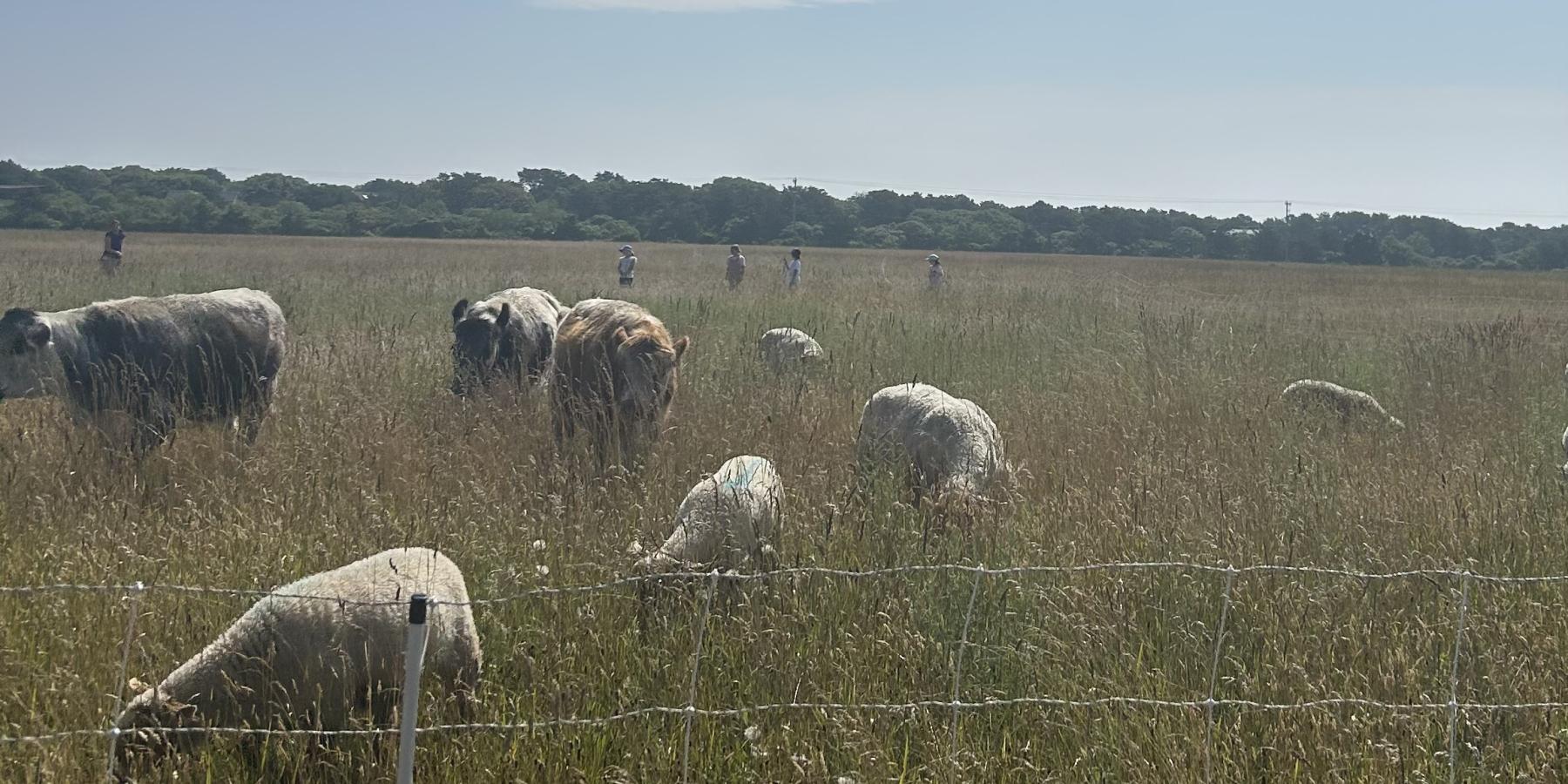Support
This experiential education opportunity is centered around exploring the ways in which community-supported agriculture can exist as an alternative to our current environmentally degrative industrial agriculture system as well as a tool to improve community resilience.
Having grown up in the urban sprawl of New York City, I took note of the various characteristics that rendered my neighborhood environmentally and socially unsustainable. For instance, many residents lead extremely individualistic lifestyles and the community infrastructure supports this lack of connectedness through failing to provide shared spaces where community members can congregate and support one another. Additionally, I noticed that my low-income family and neighbors constantly struggle to have reliable access to healthy foods and locally grown options, leaving many of us with poor nutrition and therefore a higher risk of health problems.
While pursuing my degree, I have used my experiences growing up in Parsippany, New Jersey to envision different ways in which these types of communities can be altered to be more socially and ecologically sustainable. One of the ways I've come across during my studies is the use of community agriculture in enhancing resilience, food security, and sustainability. That said, I decided to explore this concept further by immersing myself in a place that boasts a strong presence of community agriculture.
I curated a place-based learning opportunity lasting from May 22, 2023, to July 24, 2023, where I lived and worked in the farming community of Martha’s Vineyard to ultimately gain a better understanding of the mechanisms that drive community resilience related to agriculture on the island. I moved to the Vineyard for 3 months to gain insight into the ways in which the localization of food production can be a valid solution to improving resilience while mitigating excessive reliance on industrial agriculture. I spent 30 hours each week splitting my time between corresponding with local farms to set up tours and interviews, volunteering as a farmhand at local educational and non-profit farms, and attending various events held by island community members.
From this experience, I learned how supporting local agriculture enriches the broader community by providing community spaces to congregate, creating access to fresh, affordable produce, creating job and educational opportunities, and much more. Following this project, I hope to apply what I've learned to introduce locally-grown initiatives to communities like that of my hometown as a means of ameliorating the quality of life and the community's resilience against environmental and social change.

